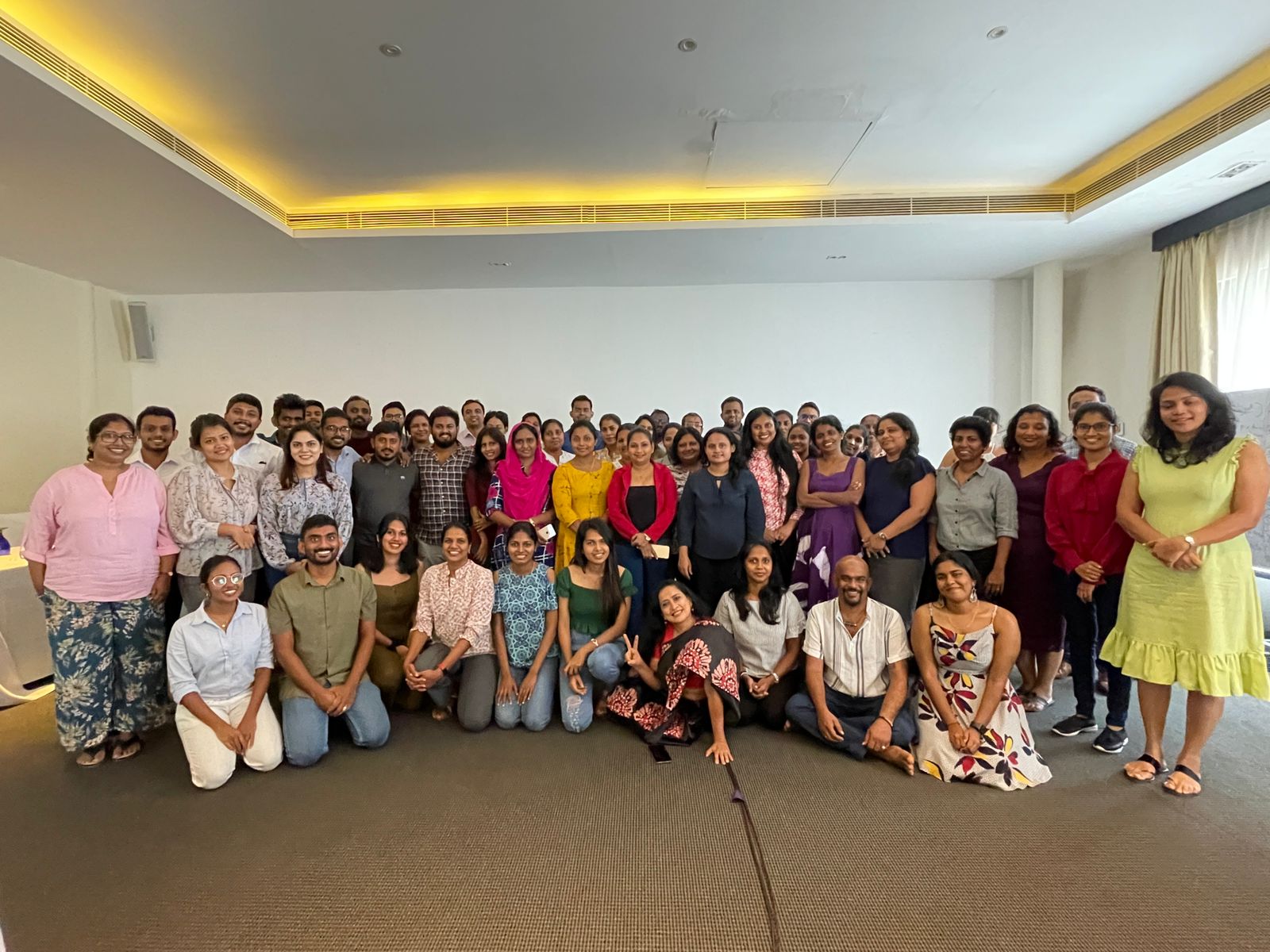A lack of awareness among legal practitioners about sexual orientation, gender identity, gender expression and sex characteristics (SOGIESC) and how colonial era laws negatively affect equality in Sri Lanka is one of the main reasons for challenges in access to justice for lesbian, gay, bisexual, transgender, intersex and queer (LGBTIQ) individuals, said participants at a legal awareness workshop organized by the International Commission of Jurists and its partner organizations from BRIDGE to Equality (Building Resilience, Inclusion, Diversity, and Legal Gains for SOGIESC Equality) in Sri Lanka from 9 to 11 September 2022.
The three-day legal awareness workshop on “SOGIESC Equality in Sri Lanka” brought together 52 legal professionals, including legal officers attached to the Legal Aid Commission, the Human Rights Commission, and private practitioners. The workshop’s primary objective was to equip these legal professionals with knowledge on SOGIESC and the laws affecting LGBTIQ individuals and to identify the practical challenges that may arise in handling cases relating to them.
The workshop was facilitated by Thushara Manoj – Chairperson, Équité Sri Lanka – and Luwie N.Ganeshathasan – Attorney at Law. On Day 1 of the workshop, Thushara Manoj introduced the diversity of gender expressions and gender identities to the participants. Participants identified stereotypes and myths relating to LGBTIQ individuals. Thushara Manoj noted how many LGBTIQ people often face discrimination at the hands of State authorities and within society at large, and how this experience may vary depending on how they physically represent themselves and on how they are perceived. Examples of such instances were also presented through audio-visual material.
On Day 2, Luwie Ganeshathasan walked the participants through the human rights protections available to the LGBTIQ persons both domestically and internationally in light of Sri Lanka’s international human rights law obligations. On Day 3, the participants engaged in discussions regarding the laws and policies that directly and indirectly affect LGBTIQ individuals in the country, including the Penal Code and the Vagrants Ordinance, which are both colonial remnants. The participants took part in group activities and case study analysis to put into practice the knowledge gained over the course of the workshop.
Speaking about the workshop Roshan de Silva, Project Manager at BRIDGE to Equality stated, “It is very encouraging to see law professionals actively taking part in these workshops with a genuine interest in learning about SOGIESC and the ensuing issues. Law professionals are key stakeholders in ensuring the rights of marginalized communities in Sri Lanka. Their engagement in the human rights concerns of LGBTIQ communities across many spheres of life is paramount to the LGBTIQ rights movement in the country”.
ICJ’s Program Manager for South Asia, Ramkanta Tiwari, stated that the positive feedback received after the workshop indicated that the aim of conducting such a training had been achieved, and that ICJ hopes to conduct another four such legal awareness workshops for lawyers, activists and human rights defenders in the coming months.
The workshop was held in Colombo and was conducted in the Sinhala Language. From 22 to 24 July 2022, ICJ & BRIDGE to Equality conducted a similar workshop in Colombo for 44 law students and apprentices about to enter legal practice.
Contact
Ms. Mathurabhasini Thamilmaran, National Legal Adviser, Sri Lanka. Email: mathuri.thamilmaran(a)icj.org
Mr. Ramkanta Tiwari, Programme Manager – South Asia. Email: ram.tiwari(a)icj.org




